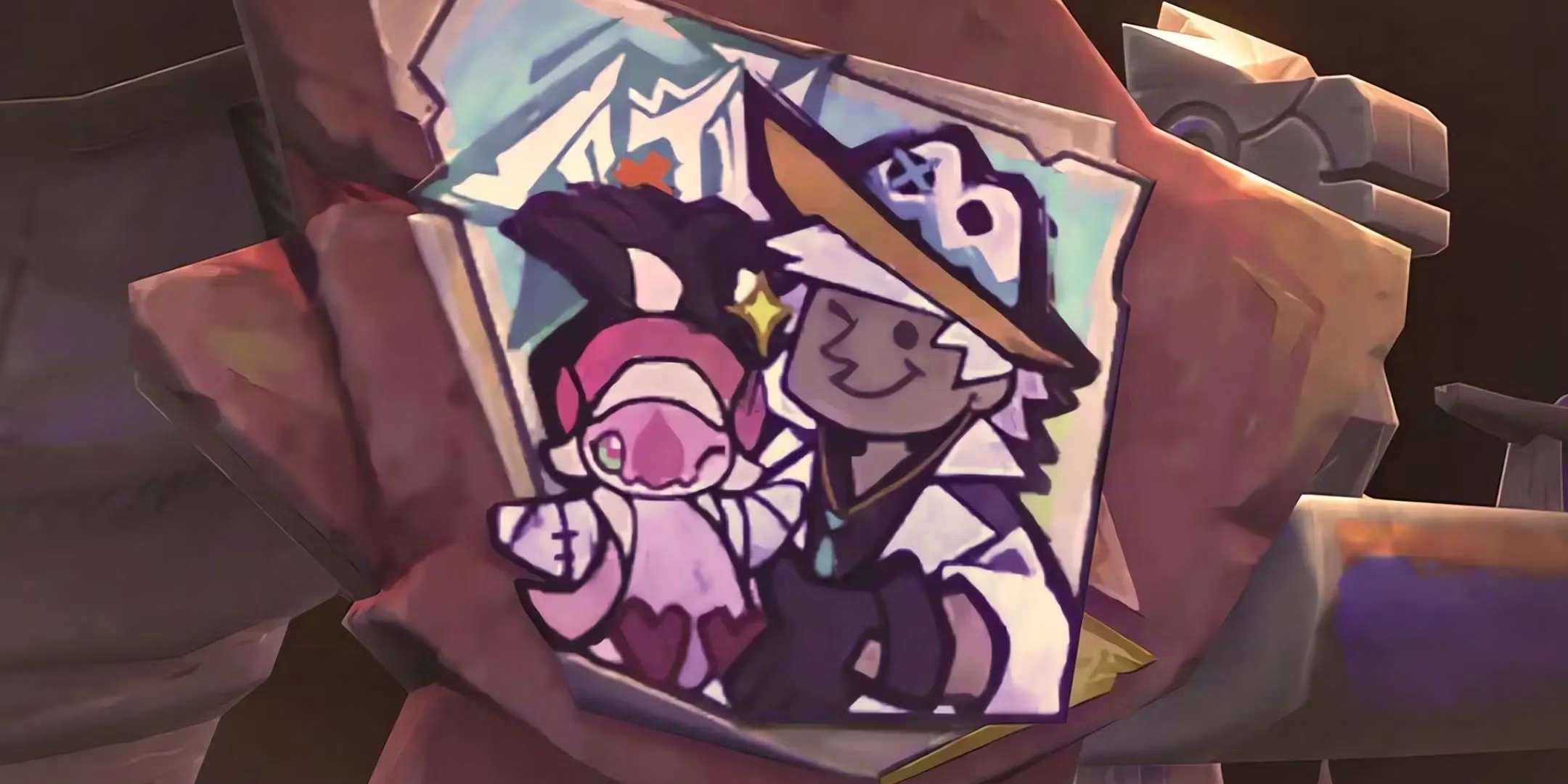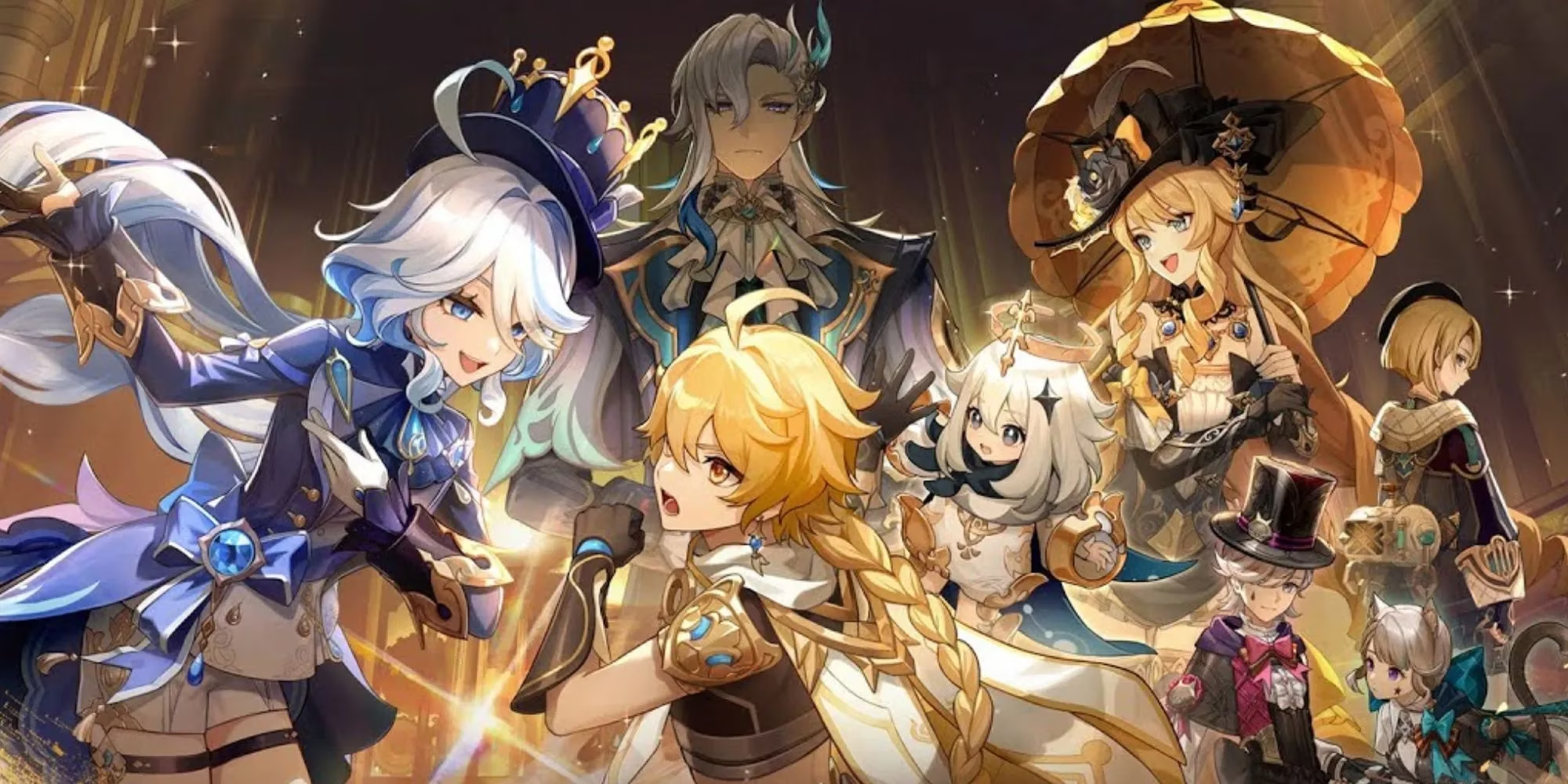Genshin Impact Voice Actor Scandal: A Political Firestorm Engulfs Teyvat
Genshin Impact faces controversy over voice actor Showtaro Morikubo's sudden removal amid political tensions, shaking fans' trust and highlighting cultural censorship in gaming.
In a seismic tremor that rattled the very foundations of Teyvat, miHoYo's abrupt dismissal of legendary voice actor Showtaro Morikubo from Genshin Impact's upcoming character Ifa has ignited a wildfire of controversy hotter than a Pyro Abyss Mage's fury. 🌋 The studio's vague "various circumstances" explanation hangs in the air like toxic Mist Grass, leaving 50 million players clutching their Primogems in bewildered outrage as political specters haunt the anime paradise. This isn't just recasting—it's a cultural earthquake cracking the idyllic veneer of gaming's brightest star.

The Phantom Departure of a Voice Legend
Showtaro Morikubo—whose vocal artistry spans three decades like a Dendro vine connecting anime classics—vanished from Ifa's credits faster than a Treasure Hoarder spotting the Traveler. This titan who gave life to Dragon Ball Daima's Gomah and Rune Factory 5's Lucas was unceremoniously scrubbed from miHoYo's records, leaving fans scrambling like Dendroculi hunters in Sumeru's rainforests. The timing? Suspiciously precise. Morikubo had been officially announced mere weeks before his digital erasure, a vanishing act more puzzling than Alice's disappearing islands in the Golden Apple Archipelago.
Whispers in the Shadows: The Book That Broke Teyvat
Behind this drama whispers a ghost story ripped from geopolitical nightmares. In August 2024, Morikubo participated in a live reading of Tomomi Shimizu's "Inochigake no Shougen"—a book Amnesty International compares to a bloodstained ledger documenting alleged Uyghur persecution in Xinjiang. Shimizu's text labels China's actions "genocidal," while human rights groups depict Xinjiang as a "dystopian hellscape" of mass surveillance and torture. Morikubo's involvement became the elephant in the Serenitea Pot, a political landmine detonating beneath Genshin's candy-colored world.
miHoYo's Silenced Thunderstorm
The studio's silence echoes louder than the Raiden Shogun's Musou no Hitotachi. Did they discover Morikubo's book connection post-casting like uncovering a hidden Fatui missive? Or is this coincidence, a storm cloud materializing in a cloudless Celestia sky? With Morikubo mute as a stone Statue of the Seven and miHoYo offering only corporate fog, the truth remains buried deeper than Enkanomiya's sunken ruins. The implications ripple outward: when does artistic freedom become collateral damage in global tensions?

Genshin's Precarious Tightrope Walk
As Version 5.5 looms with no Ifa release date, the scandal stains miHoYo's spotless reputation like Slime condensate on white silk. Players now eye Fontaine's shimmering waters with newfound suspicion—could political censorship seep into lore or character designs? The game's fifth year hangs in balance, a Jenga tower of global fandom threatening to collapse if cultural diplomacy fails. Meanwhile, Morikubo's phantom performance lingers like an unfinished symphony, a haunting reminder of art caught in crossfire.
People Also Ask
Why would a voice actor's political activity affect a game role?
Modern gaming exists at the intersection of art and geopolitics—what one government considers free expression, another may view as treasonous wildfire. Studios often preemptively sideline controversies.
How common is voice actor replacement in major games?
While recasts happen for health or scheduling issues, last-minute swaps involving veterans are rarer than a 5-star pull without pity. Political motivations? Virtually unprecedented.
Could this impact Genshin's revenue or player base?
Short-term unlikely—the game's content pipeline is a well-oiled machine. But prolonged distrust might erode loyalty like ocean waves on stone.
The Unanswered Echo
As 2025 unfolds, Ifa's wooden carving teases from promotional art—a character now voiceless in more ways than one. Morikubo's departure isn't just about gaming; it's a funhouse mirror reflecting how entertainment empires navigate real-world minefields. With miHoYo's Fontaine utopia glistening below and Xinjiang's shadows stretching long, players are left wondering: in the battle between art and politics, who truly wins? The silence thunders on...
